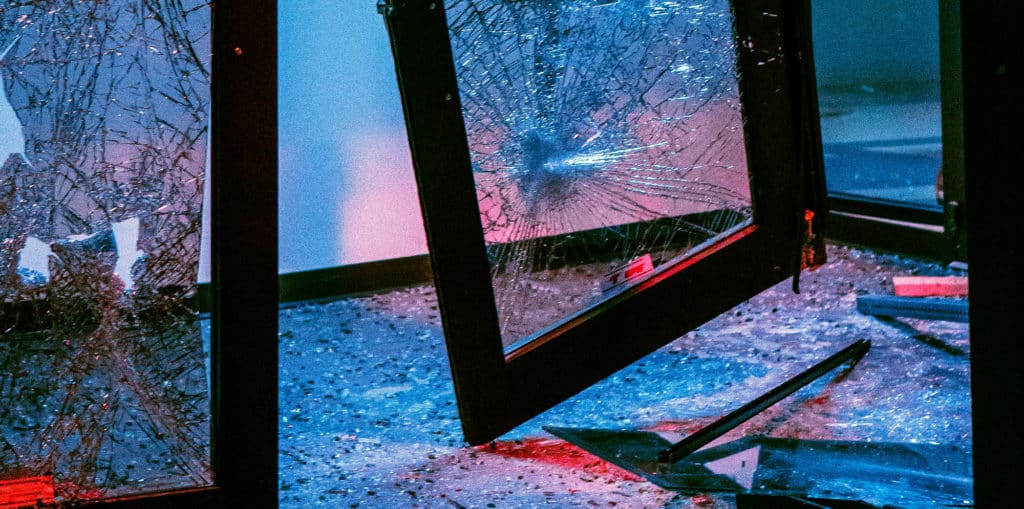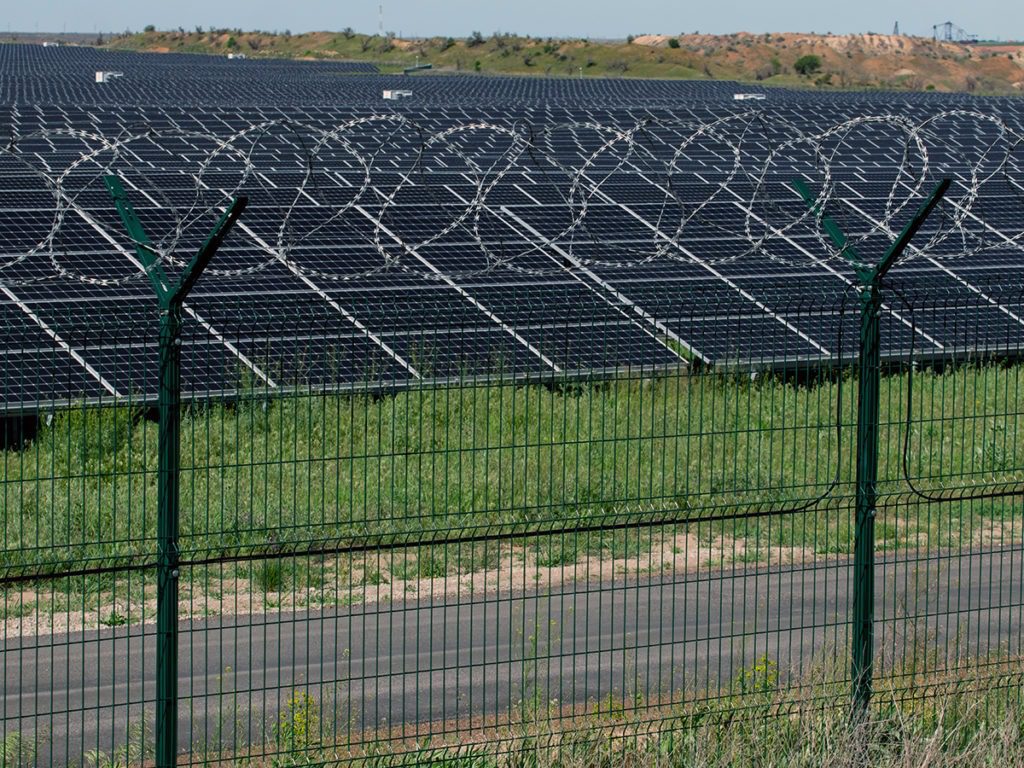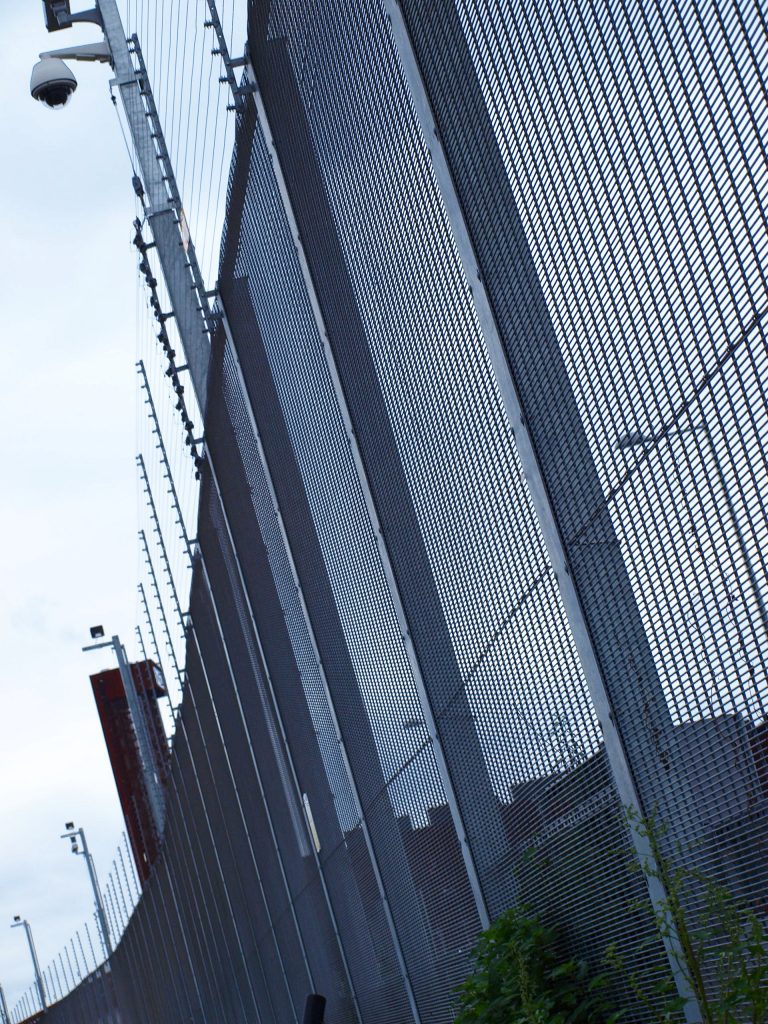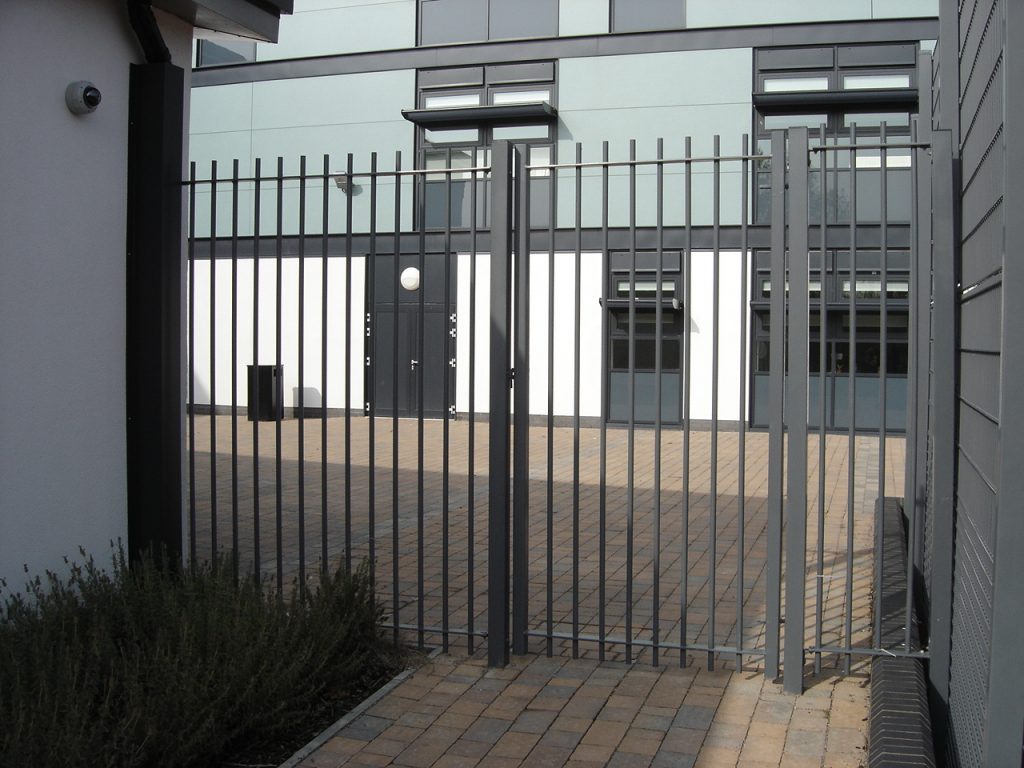The heightened sense of security that’s part of everyday working practice at airports certainly does not begin and end with terminals, approaches, car parks and access roads.
Every element of perimeter fencing now also needs to be considered.
Keeping staff, visitors and passengers safe, wherever they are on the site, runs alongside protecting precious planes and equipment. Plus, airport intrusion of any kind could well make headlines and lead to a loss of trust.
Airports are targeted by a “rogues gallery.”
Investment in airport security systems and procedures is not “just” about terrorists either.
Unfortunately, airports are now targets for a wide range of people who may seek to test whether they can gain access – stealthily or with brute force, from common thieves looking for anything to steal to airport protesters making a statement by “storming” the fences.
There’s also plenty of evidence of the modern disrespect for property and boundaries. For example, the general public could decide that the best shortcut home is across airport land, irrespective of the dangers this presents. Or, vandals could see open spaces and airport structures and equipment as fair game for their “fun”.
Soft and hard threats
With so many wilful trespassers and people willing to test security systems come various methods; they may test perimeter fencing at airports. Climbing over in person is, of course, still something people periodically attempt. Some come armed with the equipment they hope will help to create an entry point. However, using stolen vehicles to break down defence systems is now a favoured technique amongst criminals and terrorists alike. This means that airport perimeter fencing needs to withstand multiple types of damage, including the substantial impact of speeding vehicles.
Tested for ultimate trust
The best way to be sure that fencing around the perimeters of airports is “up to the job” is to use a contractor who crashes tests their HVM (hostile vehicle mitigation) products. This needs to be validated against PAS 68, IWA 14-1 and ASTM F2656 criteria. It also needs to include a full spectrum of potential vehicle types, from large and heavy to small and nibble. Airport perimeter fencing should also be CPNI attack tested. The Centre for Protection of National Infrastructure (CPNI) evaluates security products for their ability to withstand both espionage and terrorism. It awards a CPNI CLASS rating for products able to detect and defend against surreptitious attacks.
Getting the right fencing
This all adds up to a “tall order” for anyone specifying new airport perimeter fences or replacing outdated systems. It requires a contractor that can validate its crash testing and one able to problem solve in more challenging high-risk areas around the airport land. Fencing also needs to easily integrate with additional airport security measures, such as CCTV and intruder alert systems. Specifiers also need the option to access key points or even move the perimeter fencing to match changing requirements.
One system that ticks all the right boxes is SecureGuard. It can be created to match the terrain and requirements of any airport. SecureGuard has HVM as standard and integrates seamlessly with existing structures and equipment. ArmaWeave provides the required CPNI accreditation too. SecureGuard systems also include effective and secure pedestrian and vehicle access capabilities. Ideal for temporary airport perimeter fences, SecureGuard anchors to road surfaces, offering ease of transport and installation.
For a no-obligation survey and quote, please get in touch with Zaun.




